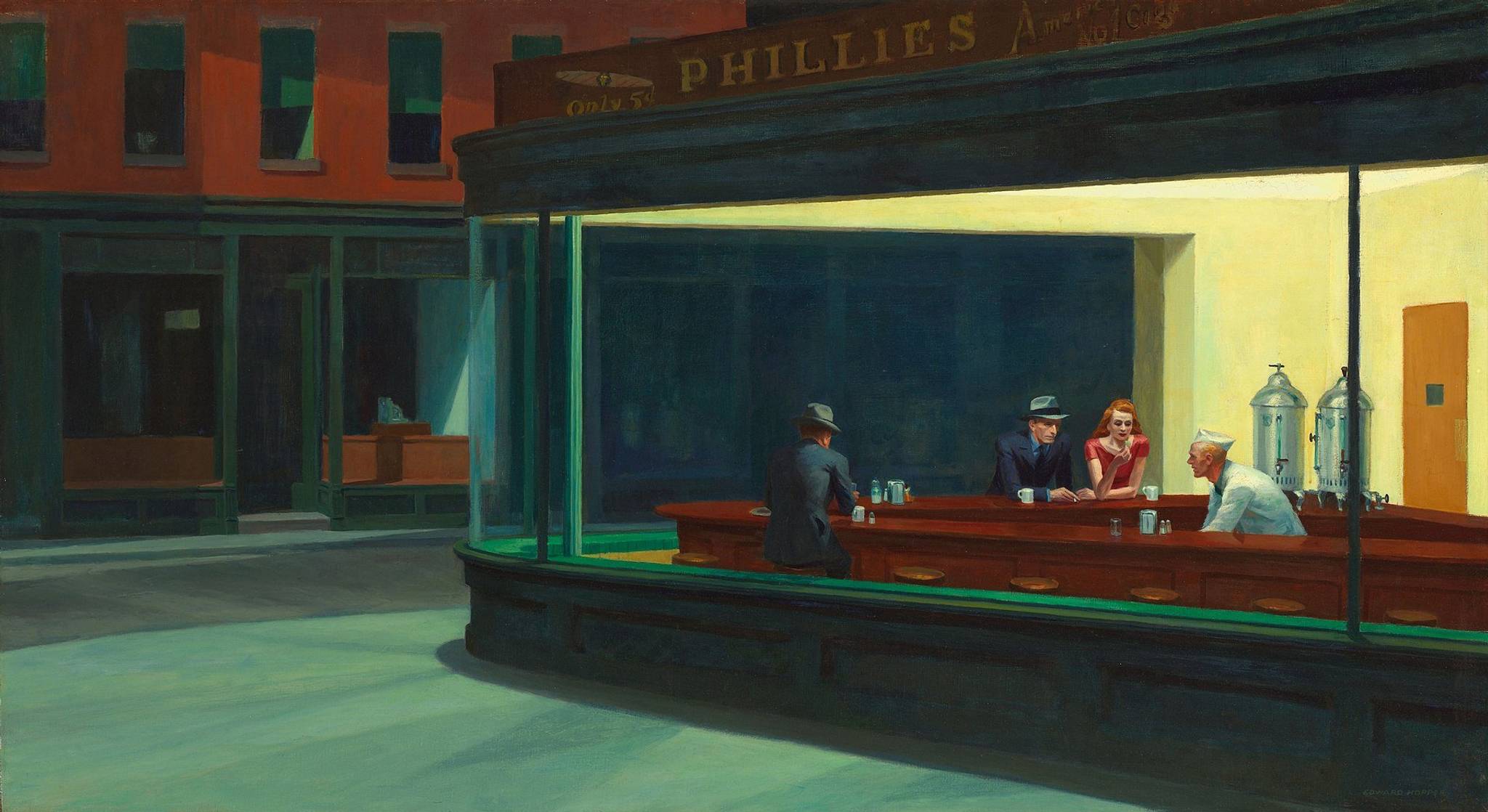
From Gen Z moving their real-world concerns to digital spaces to young people viewing YouTube as a trustworthy news source and divided opinions on AI rising, the way audiences view virtual spaces is changing. Here are the top ten insights and behavioural shifts that got us talking in January.
💻 Gen Y and Z concerns move to virtual spaces – video game art is beginning to mimic real life, as in-game experiences shift to include positive life milestones that are growing increasingly difficult for many young Gen Yers and Zers to achieve IRL. As a longstanding brand, The Sims shows the direction of travel for virtual worlds and how brands can operate within them.
🗞 Young people see YouTube as a trustworthy new source – a study has revealed that Gen Zers trust YouTube more than any other social platform, pointing to faith driven by prolonged interaction with creators on the site. As young people are shaken by the permacrisis, many are looking for unconventional sources of information in response.
🛍 Dupes help shoppers save and express status – finding deals can make people feel good and for some savvy shoppers, it’s about the thrill of the hunt. By taking advantage of the dupe culture rather than being threatened by it, brands can help consumers save money in a challenging economy through cult-worthy products that don't break the bank.
📈 Gen Z turns to wardrobe tracking to manage consumption – Gen Zers are digitally tracking their outfits to monitor how often they wear each piece and move towards slower models of fashion consumption. As budgets get tighter and sustainability awareness increases, brands are helping young people become more intentional with their money and clothing choices.
💬 People are cosplaying as working class – people are thinking more critically about ideas of class, privilege, and inequality in today's society, as the misidentification of being working class can dilute the reality of success. The appropriation of working-class aesthetics by designer brands poses complex questions about class diversity and how to interact with new aesthetics.
👀 Private member's clubs curate community – as private members' clubs continue to open in cities like New York, Los Angeles, London, Hong Kong and Shanghai, these bespoke offerings draw in a generation of people looking to socialise and network at the same time. Curated communities that value privacy are helping people forge connections away from technology.
🍬 Foodies ‘eat the rainbow’ with neon foods – health trends tout the importance of ‘eating the rainbow’, giving rise to the popularity of bright purple acai bowls, golden-yellow lattes with immune-boosting turmeric and beetroot lattes. Many young people are keen on embracing new experiences and yearn for brands to offer them vibrant, sensory food-related experiences.
💕 Dementia servers address a social and demographic shift – as the ageing Japanese population grows, Mistaken Orders’ restaurant and cafe pop-ups create an environment where older people and those living with dementia can still live their lives. The brand’s model shows how businesses can allow older generations to gain a sense of independence and fulfilment.
✨ Relatable podcasts empower Gen X women – Off Air with Jane and Fi provides honest advice and relatable inspiration around the lived experiences of Gen X women. In a media landscape that often overlooks the experiences of older females, age-appropriate media and content creators carry significant allure through a relatable, real-world approach.
❓ Fake boyfriend videos divide opinions on AI – Madeline Salazar's viral TikToks centre around fake AI boyfriends and showcase the divided opinions held by people on the tech. Though intended to be a joke, it reflects a broader shift towards embracing AI soulmates and digital partners, revealing changing attitudes towards synthetic relationships.



